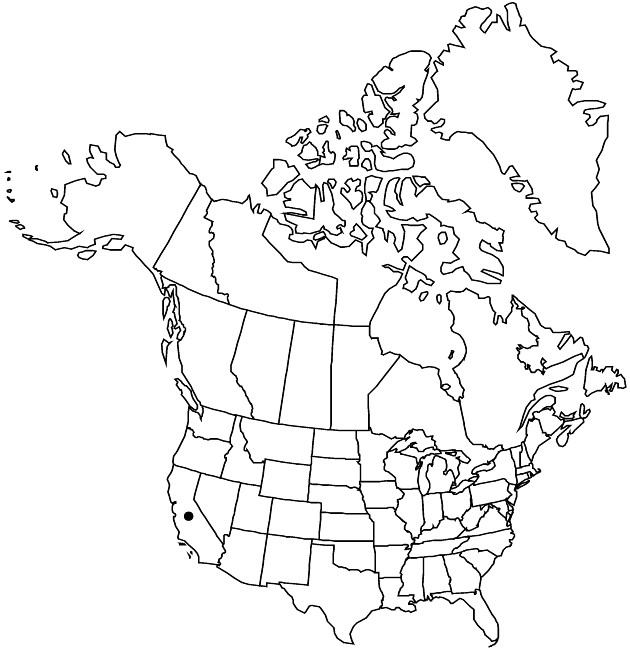Symphyotrichum greatae
Phytologia 77: 283. 1995.
Perennials 50–150(–200) cm, colonial; long-rhizomatous. Stems 1–5, ascending to erect, sparsely hispid distally. Leaves thin, margins entire to serrate, apices acute, faces scabrous; basal withering by flowering, petiolate, blades elliptic to obovate 30–300 × 15–50 mm, attenuate, margins entire to serrate, apices acute, faces rough-hispidulous; proximalmost cauline sometimes withering by flowering, sessile, blades elliptic to obovate, 100–200 × 20–50 mm, bases rounded to ± clasping, sometimes auriculate, apices acute; distal sessile, blades 20–150 × 10–40 mm, bases cuneate, usually auriculate, apices acute. Heads in paniculiform arrays, branches 10–30 cm. Peduncles sparsely hairy, bracts lanceolate to linear. Involucres campanulate, 5–8 mm. Phyllaries in 4–6 series, narrowly oblong (outer) to linear (inner), unequal to subequal, bases scarious, margins scarious, entire, green zones lanceolate to narrowly elliptic, apices acute, faces glabrate or puberulent. Ray florets 15–40; corollas violet, laminae 8–15 × 1–2 mm. Disc florets 35–60+; corollas yellow, 3.5–4 mm, lobes triangular, 0.5–0.8 mm. Cypselae brown, cylindric to obovoid, not compressed, 2.5–3.5 mm, 3–4-nerved, faces hairy; pappi white, 3.5–4 mm. 2n = 16.
Phenology: Flowering Aug.
Habitat: Damp places in chaparral canyons
Elevation: 500–1500 m
Discussion
Of conservation concern.
Symphyotrichum greatae is known from the south slopes of the San Gabriel Mountains.
Selected References
None.
